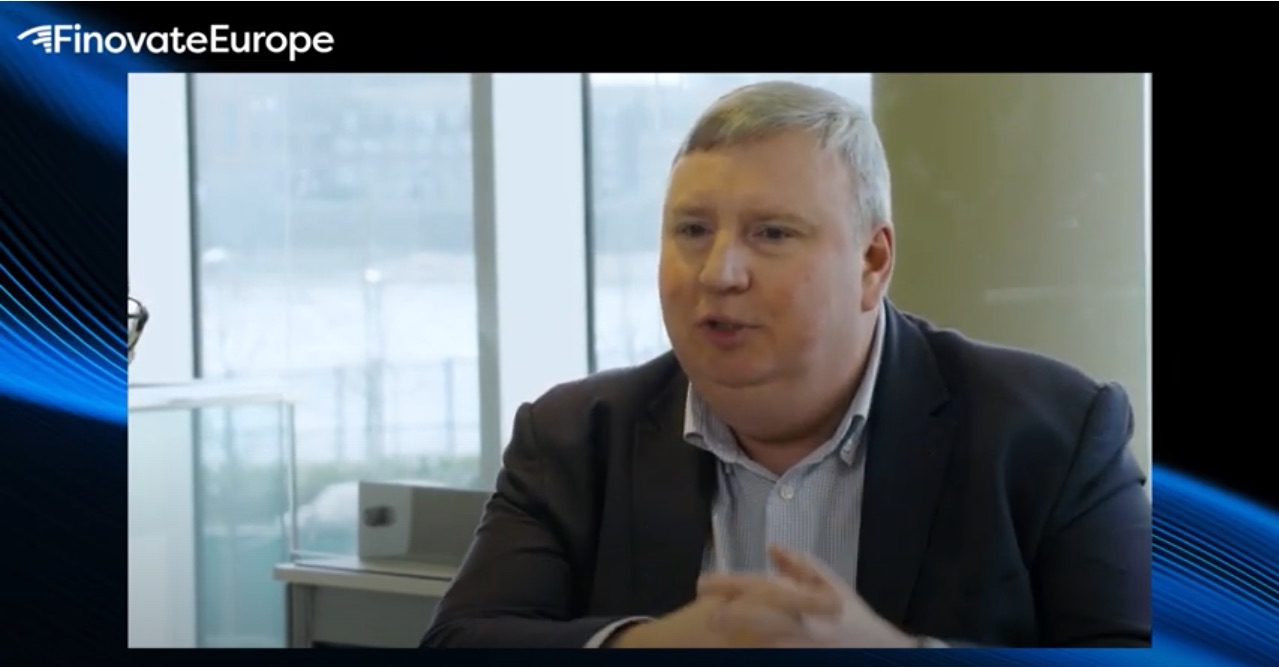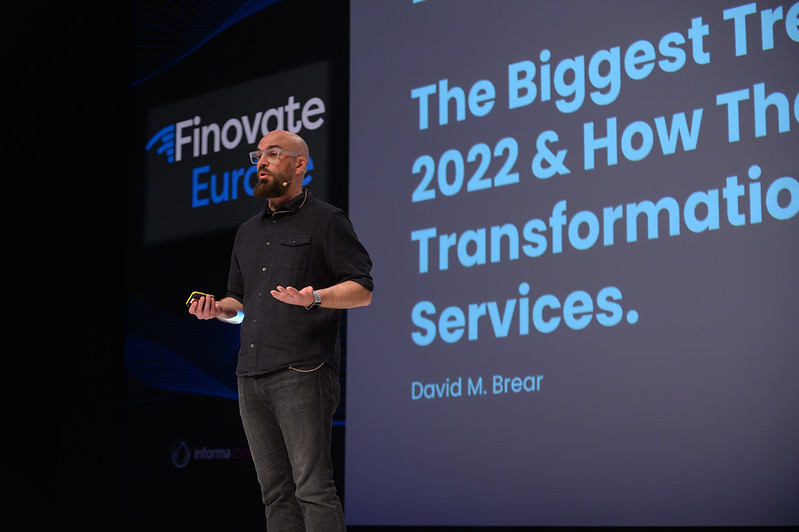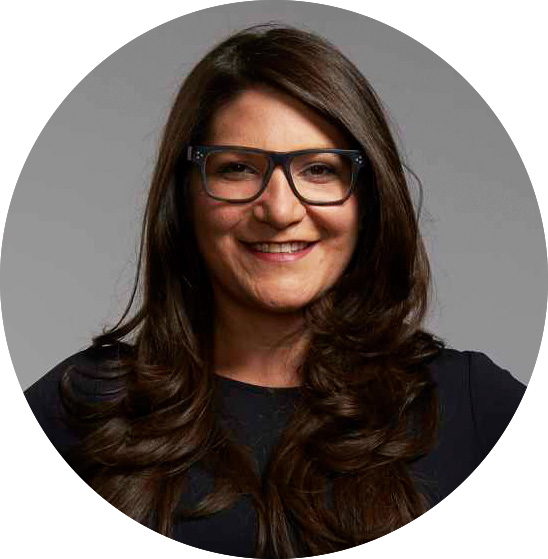
One of the many fascinating conversations I enjoyed at FinovateEurope last week was my chat with Trulioo Chief Technology Officer Hal Lonas. Among the topics we discussed was the way evolving regulations were impacting the business of keeping financial services companies compliant with regard to KYC and AML requirements.
This week we learned that the European parliament is moving closer to embracing another measure to tighten rules with regard to financial services – in this case, cryptocurrency transactions. Members of two parliamentary committees this week approved new rules to ban anonymous cryptocurrency transactions as part of an overall European Union-wide anti-money laundering campaign.
The new regulations will require all transfers of cryptocurrencies, regardless of size, to include information on the source and the beneficiary of the assets involved. This information, which will be made available to regulators, would cover transactions from wallet addresses that are held by private users (“unhosted wallets”). The new requirements, however, would not apply to P2P transfers made without an intervening provider.
“Illicit flows in crypto assets move largely undetected across Europe and the world,” Committee on Economic and Monetary Affairs co-rapporteur Ernest Urtasun explained. “(This) makes them an ideal instrument for ensuring anonymity.”
The new policy has its critics. Supporters such as Urtasun have pointed to the disclosures of the Panama and Pandora Papers as good reasons for bringing additional scrutiny to cryptocurrency transactions. But critics such as Paul Grewal, Chief Legal Officer with Coinbase, suggest that the new regulations are based on a false premise: that cryptocurrencies represent a significant vehicle for illegal activity.
“The truth is that digital assets are in generally a markedly inferior way for criminals to hide their illicit financial activity,” Grewal wrote in a blog post earlier this week. “That’s why, according to the best research available, by far the most popular way to hide illicit financial activity remains cash.”
By contrast, Grewal noted “digital assets and the immutable nature of their blockchain technology actually enhances the ability to detect and deter illicit activity.”
The proposed legislation will now be voted on by the full parliament and national ministers.
April is Financial Literacy Month. Be sure to check out our themed coverage of financial literacy both on the Finovate blog in general and here in Finovate Global in specific all month long.
To this end, we found news of the Memorandum of Understanding recently signed by the Abu Dhabi Global Market Academy (ADGMA) and the National University of Singapore’s Asian Institute of Digital Finance (AIDF) to be especially noteworthy.
The goal of the pact is to help bring thought leadership to the fintech community and bolster the fintech ecosystem in Abu Dhabi “and beyond.” There are three main pillars to the agreement: research and publication, technology development, and knowledge dissemination – each of which contributes differently toward the goal of facilitating knowledge exchange across regions and encouraging research collaboration.
What’s interesting about this initiative is the way it supports financial literacy and education among professionals already in the field of financial services. “We, at AIDF, look forward to the close collaborations with ADGMA in research advancements, the education of skilled professionals, and nurturing of FinTech entrepreneurs,” Duan Jin-Chuan, Executive Director of the Asian Institute of Digital Finance at the National University of Singapore, said. “We see these activities as a vital component in pursing a better future for our countries.”
The ADGM Academy, headquartered in Abu Dhabi, UAE, was established in 2018 to build expertise, financial education, and literacy in the region. The Academy is part of the Abu Dhabi Global Market (ADGM), an international financial center, and features coursework areas including banking and finance, digital and fintech, and entrepreneurship, as well as national, personal, and professional development.
FinovateEurope ended just a few days ago. Of all our events, our London conference often provides the best showcase for international fintech innovation – especially from developing economies and parts of the world not always considered to be fintech hubs in spite of their economies.
Below is a quick run-down of companies in this category that demoed their latest solutions at FinovateEurope last month.
- Anodot: Israel – demo
- CoConet: Germany – demo
- Crassula: Latvia – demo
- Fincite: Germany – demo
- Finshape: Hungary and the Czech Republic – demo
- Identyum: Croatia – demo
- LeapXpert: Hong Kong – demo
- Persistent: India – demo
- Charlie India: Hungary – demo
- RealMonitor: Hungary – demo
- Secfence: Poland – demo
- TeamViewer: Germany – demo
Here is our look at fintech innovation around the world.
Latin America and the Caribbean
- Brazilian fintech Cerc announced plans to raise $100 million in funding ahead of its IPO.
- Uruguay-based B2B open banking platform Datanomik raised $6 million in seed funding.
- Kueski, a Buy Now Pay Later (BNPL) fintech based in Mexico, reached one million client milestone.
Asia-Pacific
- Singapore-based Wallet Engine announced a collaboration with banking platform Mambu.
- Southeast Asia’s digital banking and finance platform Akulaku secured $10 million in debt funding.
- Pace Enterprise, a Singaporean BNPL company, acquired the assets of BNPL competitor Rely.
Sub-Saharan Africa
- Financial infrastructure startup Credrails partnered with Africa-based Access Bank.
- BusinessDay featured Nigerian fintech Treegar Global Investment which helps Nigerian investors access the U.S. stock market.
- Kenya-based fintech Churpy secured $1 million in funding to help businesses manage payments.
Central and Eastern Europe
- Identity verification company iDenfy teamed up with Lithuanian payment solution provider AlternativePayments.
- Germany-based fintech Ratepay earned exclusive payment-by-invoice partner status for PayPal Checkout in Germany.
- Austria’s DIMOCO announced the merger of its Payment Services and Carrier Billing entities.
Middle East and Northern Africa
- Egypt’s Khazna, a fintech that serves the country’s underbanked, raised $38 million in Series A funding.
- The Abu Dhabi Global Market (ADGM) teams up with Finastra to launch its fintech hackathon, Hack to the Future 4.
- Israel-based ThetaRay partnered with Hong Kong’s Apollo Fintech to monitor cross-border payments.
Central and Southern Asia
- India-based Accel acquired a 26% stake in Secure Inteli technologies.
- Careem Pay earned in-principle approval (IPA) from the State Bank of Pakistan (SBP) to operate as an Electronic Money Institution (EMI).
- In partnership with India’s Pine Labs, Google Pay launched its Tap to Pay UPI payments solution.




















